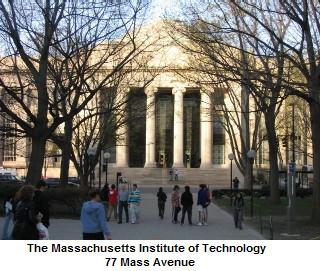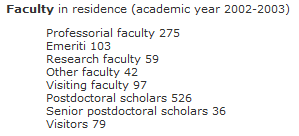|
News & Views item - June 2004 |
![]() Some
Petunia, Some Onion Patch. (June 23, 2004)
Some
Petunia, Some Onion Patch. (June 23, 2004)
The Australian National University vice-chancellor and Go8 president Ian Chubb told The Australian's Brendan O'Keefe that he is the "lonely little petunia in the onion patch" when it comes to HECS fees. ANU is the only one of the Group of Eight Australian Universities which has opted not to raise student fees while its cohort has raised course fees up to 25%, the maximum allowed by federal legislation introduced at the end of last year. He went on to tell O'Keefe, "There is a time when if you think something strongly enough you should stand up. For a country in Australia's position, where we keep talking about wealth creation through application, and then to charge the young people the cost of the whip to give us economic prosperity ... to keep us well in our old age is, I think, pretty poor.
"To me it's an issue of priority and for me the priority is having as good a university as they can get, as accessible as they can for the most able people they can get to be part of it." He then added wryly that the matter may end up being "academic", "A lot depends on who wins the election. The Labor Party's made it pretty clear that it will abolish flexible HECS and phase out full fees."
ANU is far and away the smallest of the Go8 universities with 6000 students and Professor Chubb says "we would not want to get much bigger than 6500."


...while the California Institute of Technology (Caltech) caters for 939 undergraduates and 1181 graduate students for a grand total of 2120. Caltech lists its teaching staff as:

When it comes to scientific moving and shaking those two little guys don't do too badly. Perhaps someday the Australian body politic may understand just what it is that makes a university great and how great universities contribute to the common wealth of a nation.